
7 Surprising Benefits of Euphorbia Hirta
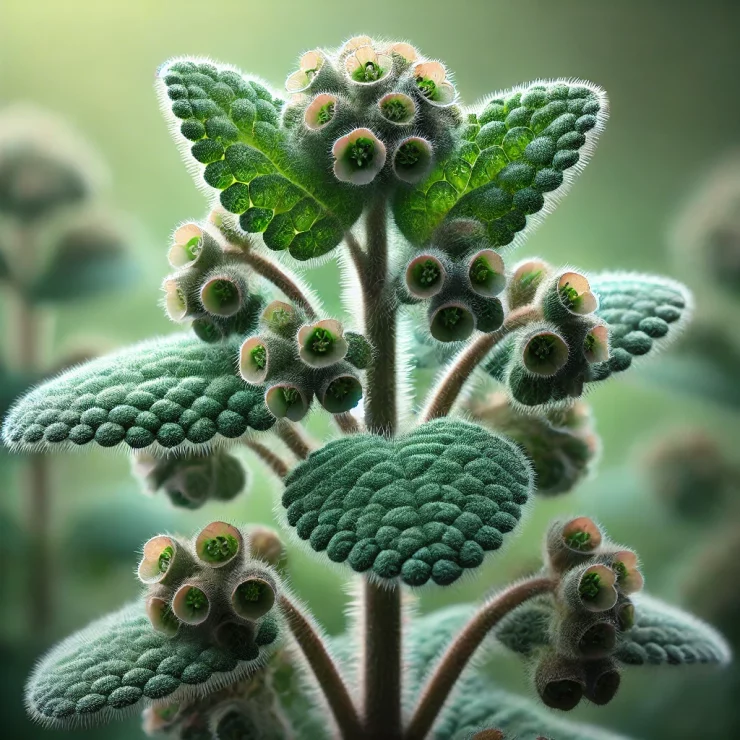
Euphorbia Hirta (Asthma Weed): A Humble Herb With Powerful Healing Properties
Euphorbia hirta, also known as Asthma Weed, Snake Weed, or Pill-Bearing Spurge, is a modest-looking plant that has been treasured for centuries in traditional medicine across Asia, Africa, and tropical regions of the Americas. Though it often grows unnoticed along roadsides or in gardens, this herb hides a remarkable array of therapeutic properties that make it one of nature’s most versatile remedies.
From easing respiratory problems to supporting skin health and balancing blood sugar, Euphorbia hirta continues to earn respect as a reliable natural aid. Below are seven science-backed and tradition-approved benefits of this extraordinary herb, along with tips on how to use it safely.
1. Effective Relief for Respiratory Conditions
As its common name “Asthma Weed” suggests, Euphorbia hirta has long been valued for treating respiratory problems. Its antispasmodic and bronchodilatory properties relax bronchial muscles, open the airways, and make breathing easier.
It is used in traditional remedies for:
-
Asthma attacks and wheezing.
-
Chronic coughs and chest congestion.
-
Bronchitis and related inflammation.
By helping to reduce airway irritation and clear mucus, the herb can bring relief where standard remedies might be slow to act.
How to use: Boil dried leaves and stems in water to make a herbal tea. Taken regularly, it may help ease breathing difficulties and soothe persistent coughs.
2. Boosts Immune System
Euphorbia hirta contains potent antimicrobial compounds that strengthen the immune response against bacteria, fungi, and viruses. In traditional medicine, it has been used as a natural guard against common infections.
Benefits include:
-
Supporting recovery from colds and flu.
-
Protecting against skin or digestive infections.
-
Helping the body maintain a stronger line of defense overall.
How to use: Drinking the tea consistently may help build resilience and reduce the frequency of seasonal illnesses.
3. Supports Digestive Health
Digestive disorders are another area where Euphorbia hirta proves useful. Its astringent and anti-inflammatory qualities help calm the digestive tract.
Traditionally, it has been used to relieve:
-
Diarrhea and dysentery, restoring normal bowel function.
-
Intestinal worms, thanks to its mild antiparasitic action.
-
Stomach cramps and bloating, often linked with inflammation.
How to use: Taken as a tea or tincture, it helps regulate digestion naturally and gently.
4. Promotes Skin Health
Thanks to its antibacterial, antifungal, and anti-inflammatory properties, Euphorbia hirta can be applied topically for a wide range of skin concerns.
It has been used for:
-
Wounds, boils, and ulcers, where it speeds healing.
-
Eczema and rashes, by calming irritation and redness.
-
Fungal infections, especially on the feet or skin folds.
How to use: Crush fresh leaves into a poultice and apply directly to affected areas. This helps disinfect wounds and promotes faster recovery.
5. Helps Manage Blood Sugar Levels
Modern studies suggest that Euphorbia hirta has hypoglycemic properties, meaning it can help lower and stabilize blood sugar. It does this by:
-
Improving insulin sensitivity.
-
Enhancing the body’s ability to absorb glucose into cells.
This makes it potentially helpful for people with diabetes or prediabetes, although professional supervision is essential.
How to use: Drink the tea or take a tincture, but always consult a healthcare provider before using it alongside diabetes medication.
6. Reduces Anxiety and Stress
Beyond physical benefits, Euphorbia hirta has a gentle effect on the nervous system. Its mild sedative properties help reduce stress, calm anxiety, and promote better sleep.
In traditional practices, it has been used for:
-
Nervous tension and irritability.
-
Mild insomnia, helping the body relax.
-
Stress-related headaches or restlessness.
How to use: A warm cup of Euphorbia hirta tea in the evening can help quiet the mind and prepare the body for restful sleep.
7. Anti-Inflammatory and Natural Pain Relief
Inflammation is at the root of many chronic conditions, from arthritis to muscle soreness. Euphorbia hirta contains compounds that fight inflammation and ease discomfort.
It is especially valued for:
-
Joint pain from arthritis.
-
Muscle aches after exertion.
-
Inflammatory skin conditions.
How to use: Take as a tea for general relief or apply as a poultice for localized pain and swelling.
How to Use Euphorbia Hirta
-
Tea: Boil dried leaves and stems for 10–15 minutes. Strain and drink for general health benefits.
-
Tincture: Steep dried herb in alcohol or glycerin to create a concentrated liquid. Only small amounts are needed.
-
Poultice: Crush fresh leaves and apply directly to the skin for wounds, rashes, or pain relief.
Precautions
While Euphorbia hirta is powerful, it must be used responsibly:
-
The plant’s latex can irritate skin and mucous membranes. Always handle with care.
-
Avoid use during pregnancy or breastfeeding.
-
People with chronic illnesses should seek medical guidance before use.
Final Thoughts
Euphorbia hirta proves that sometimes the most unassuming plants offer the most powerful gifts. For centuries, it has served as a trusted ally in natural medicine, treating everything from respiratory distress and digestive disorders to skin problems, anxiety, and pain.
Though modern science is only beginning to confirm what traditional healers already knew, one thing is clear: this herb deserves a place in the natural medicine cabinet. With mindful use and proper guidance, Euphorbia hirta can support both daily wellness and targeted healing, reminding us that nature still holds many of the answers to our health challenges.
News in the same category


12 Moringa Seed Benefits You’ll Never Hear from Your Doctor (But You Should Know)

Ditch the Pills: Unlock Chayote’s Secret to Pain-Free, Vibrant Health! 🥗

Hair Growth Juice – Amla Juice & Curry Leaves for Hair
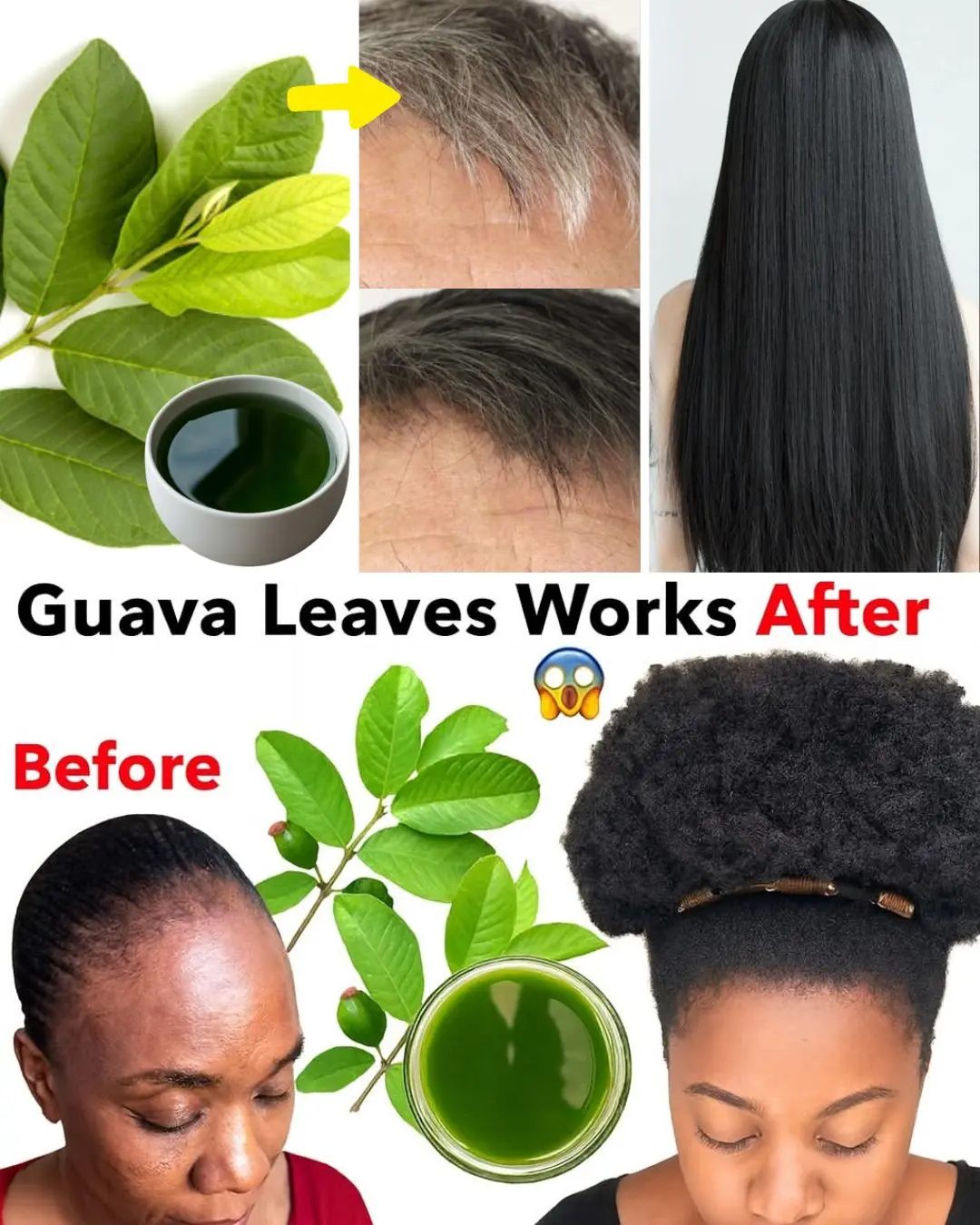
Can Guava Leaves Transform Your Hair Overnight?

Sessile Joyweed (Alternanthera sessilis): 6 Incredible Health Benefits and How to Use It Naturally
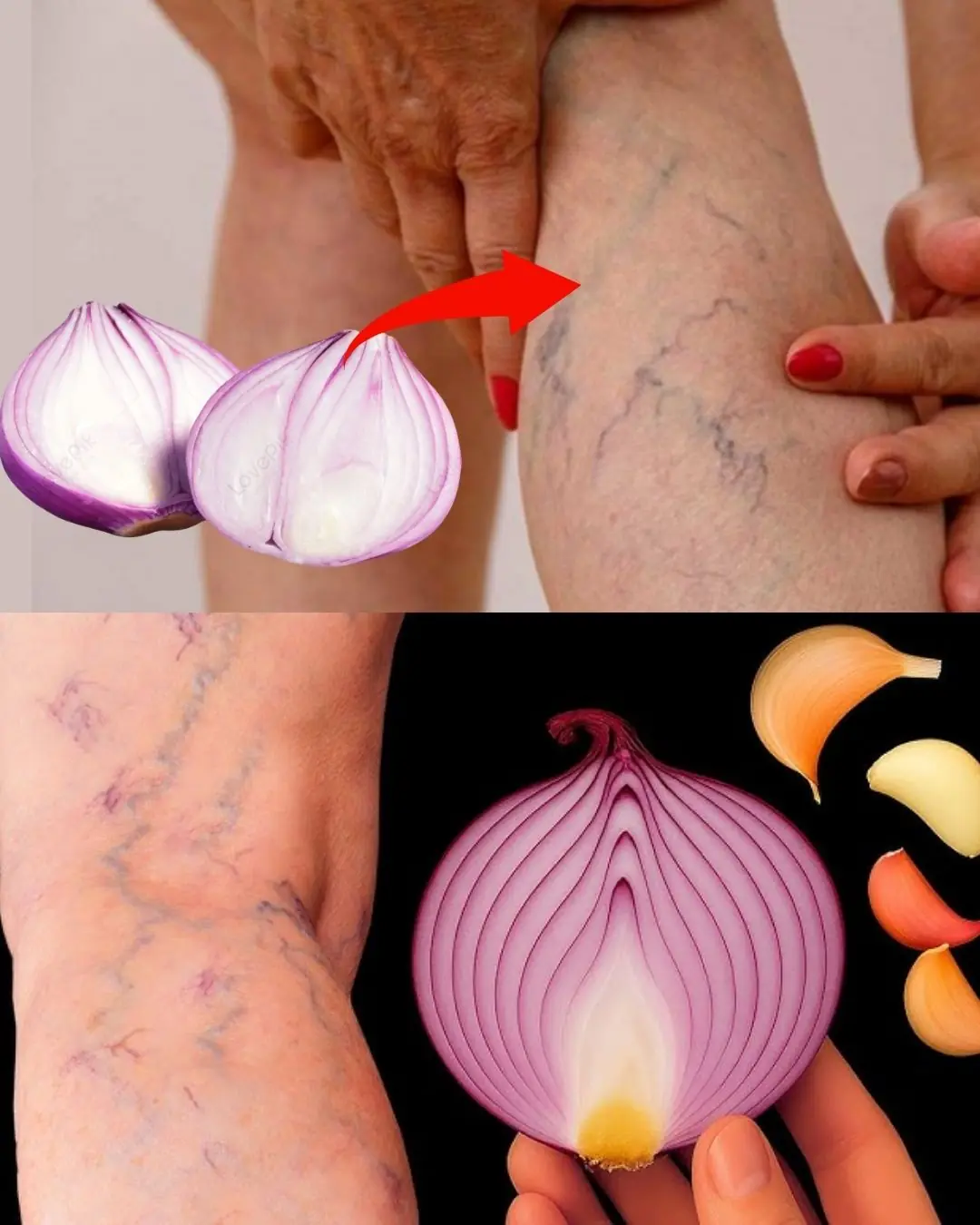
✨ Unbelievable! This Is a Vein Killer! Erase Varicose Veins Like an Eraser! 🔝 2 Natural Recipes 🤩

Reverse Cavities Naturally with This Secret

12 Potent Uses of Oregano Orejón for Health and Vision

How Papaya Seeds Can Erase 10 Common Health Issues!
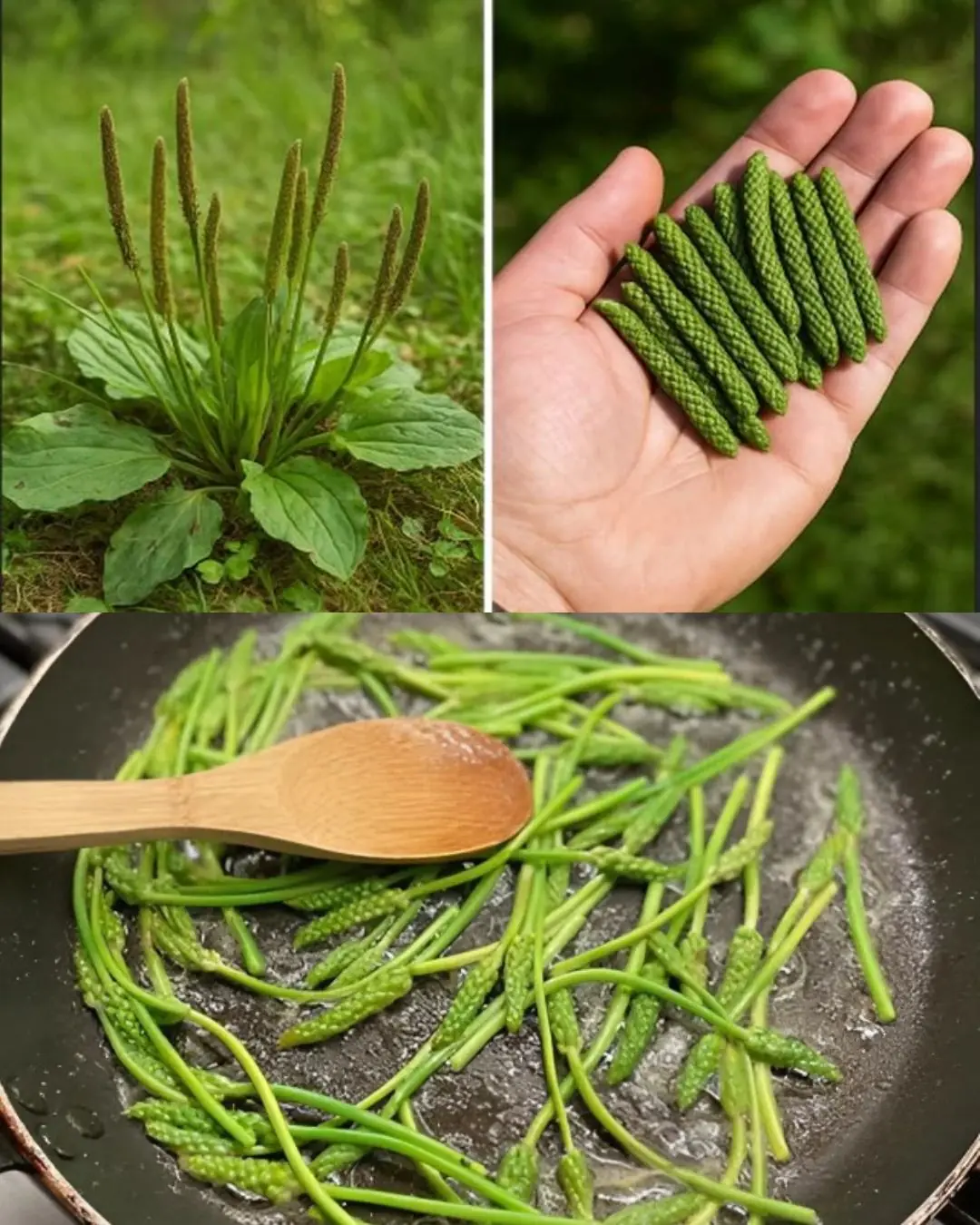
Broadleaf Plantain (Plantago major): Very Common, Very Powerful
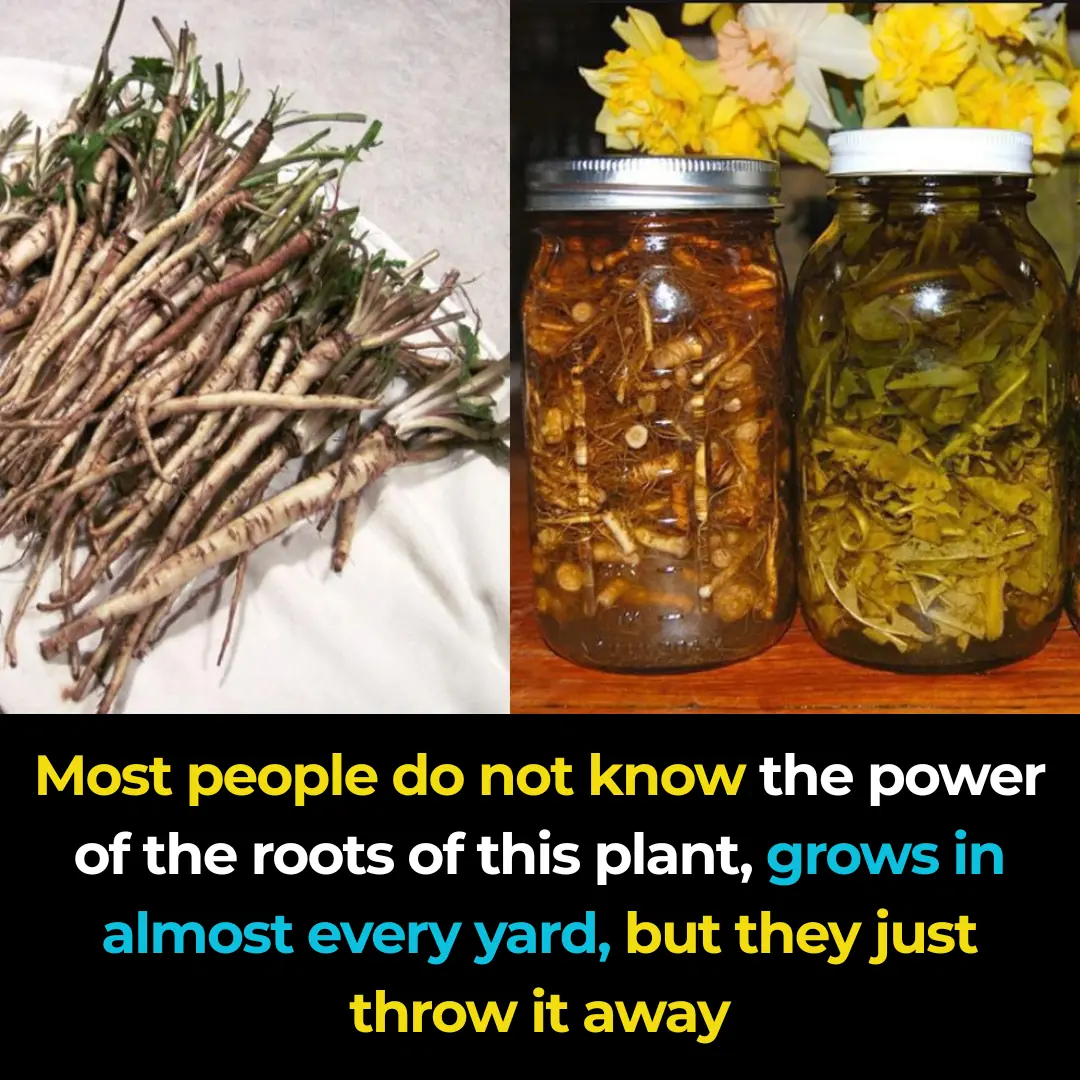
Dandelion roots are the most important part of the plant

9 Things About Bledo Blanco (Amaranthus albus)

5 Homemade Turmeric Face Washes for all Skin Type

13 Powerful Leaves That Help Manage Diabetes Naturally

7 Powerful Fruits That May Help Prevent and Fight Cancer

❗Avoid Cloves If You Have These Health Issues – What Doctors Rarely Warn You About
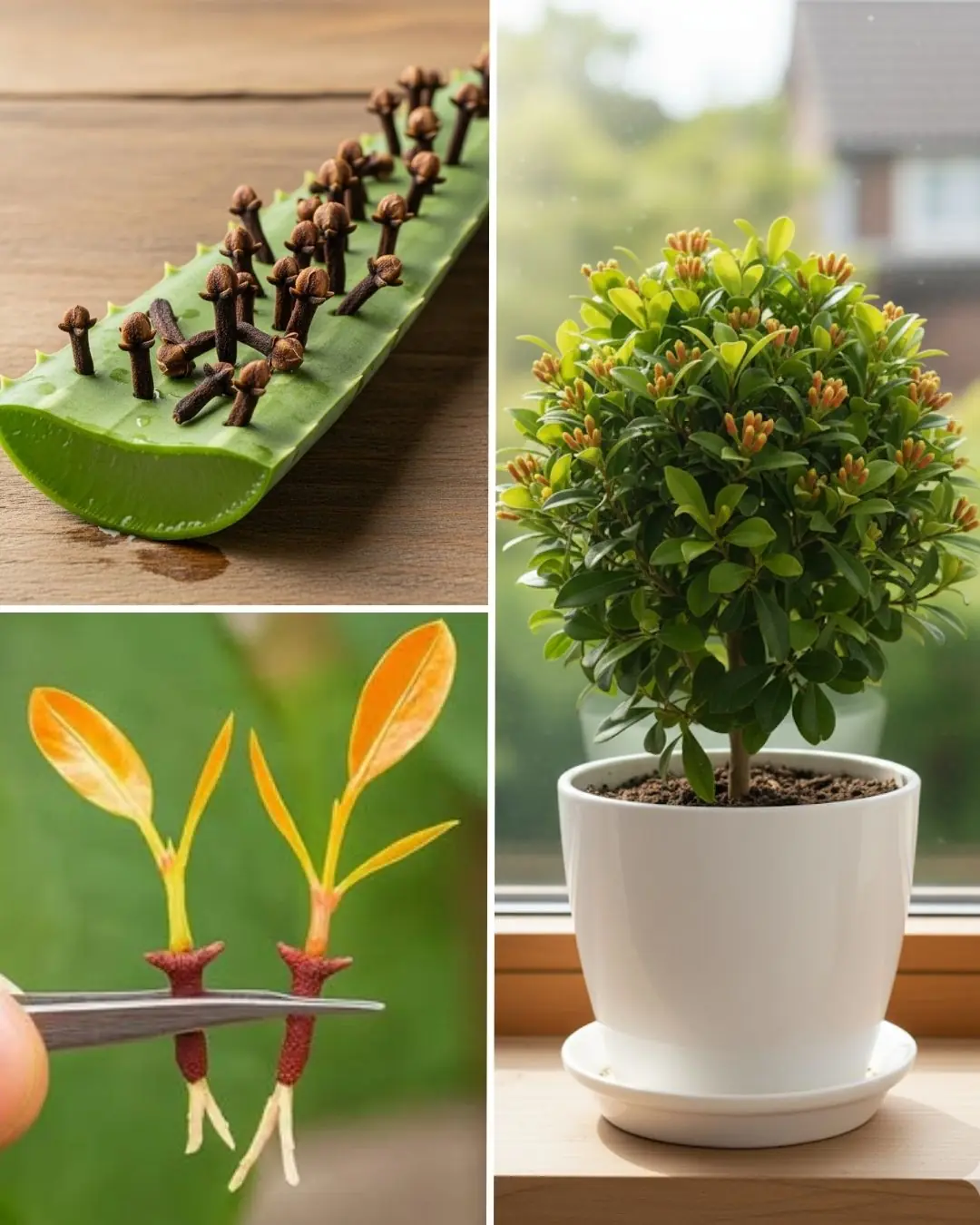
Easy Clove Growing: Seed to Spice

Secrets of Companion.Tomatoes Hate Cucumbers.Planting Combinations.
News Post

Purslane: The Superfood That Tastes Better Than Meat – 7 Reasons to Grow It in Your Garden

Breakthrough study shows lithium can ‘reverse’ Alzheimer’s damage even in advanced stages

13 Early Warning Signs of Lupus You Need to Know (And What To Do The Moment You See Them)

The #1 habit that’s destroying muscle in older a:dults—are you doing this?

2 quick and easy ways to wash yellowed pillow inserts, making them instantly white and fresh like new

When buying luffa, should you choose dark green or light green ones? Even after years of going to the market, many people still don’t know this

Insert this into a lemon and place it in the corner of your house — mosquitoes will be gone for good

Jar of sour star fruit soaked in rock sugar

There is a "hidden switch" on the water heater that you can turn on and use for more than 10 years and it will still be durable.

Soak fish in this water, the fish meat will be firm, sweet, well-rounded, and will no longer have a fishy smell

Misunderstandings turn water purifiers into disease hotbeds, get rid of them immediately or your whole family will be harmed

10 foods to help fight fatty liver: Nutritionists recommend eating them every day!

Mix banana peels with this and leave it in the corner of the house. After just 1 night, all the cockroaches will run away

12 Moringa Seed Benefits You’ll Never Hear from Your Doctor (But You Should Know)

This is why you should never leave a water bottle in your car.

Supermarket staff reveal: 6 things never buy in supermarkets even on big sale

Ditch the Pills: Unlock Chayote’s Secret to Pain-Free, Vibrant Health! 🥗

7 types of food that won't spoil for a long time: It's still safe to eat after the expiration date, don't waste it
